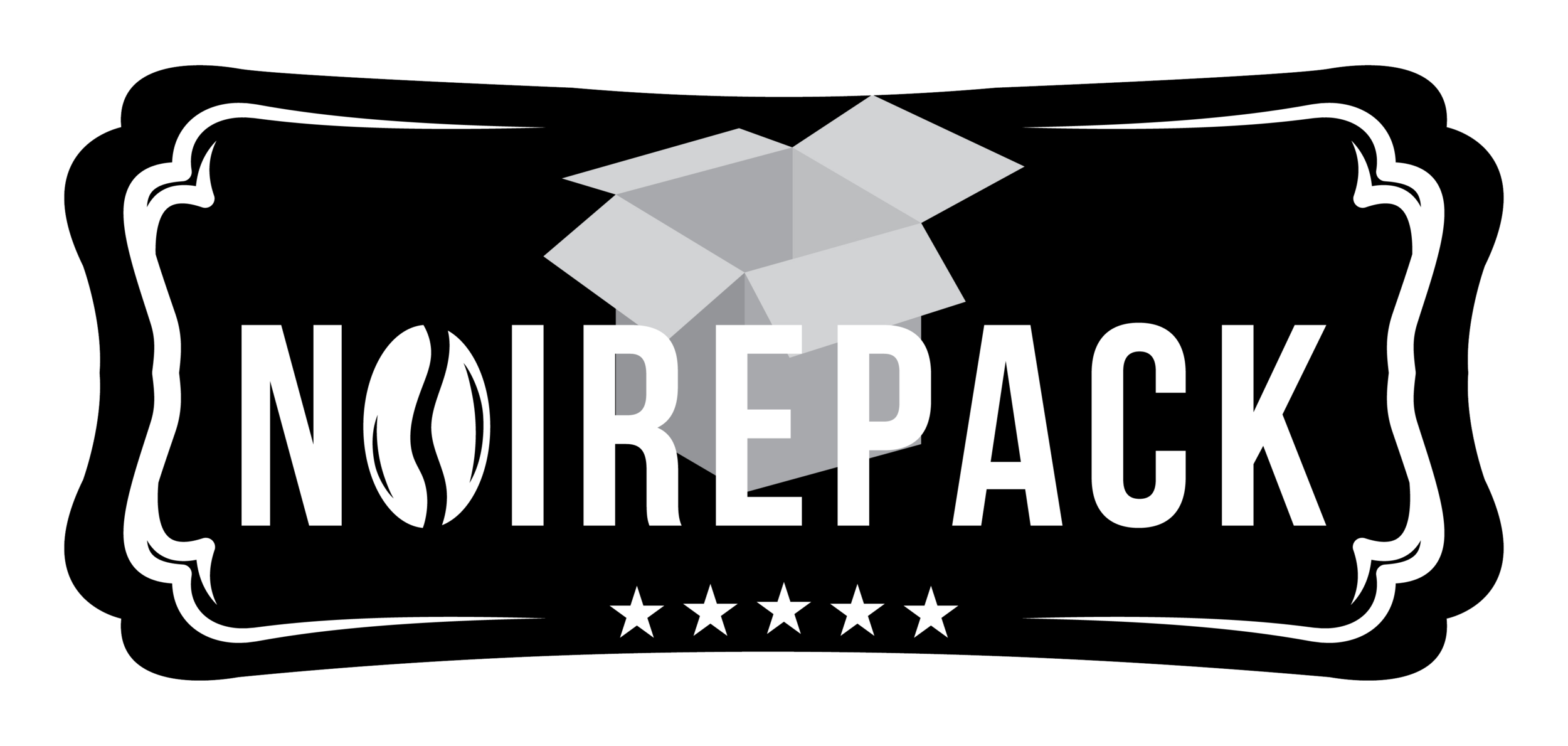Invisible Barriers in Coffee Industry
Unpacking the Invisible Filters: Barriers Faced by Black Coffee Professionals in the Industry
The rich aroma of freshly brewed coffee may awaken the senses every morning for millions worldwide, but the industry responsible for this daily ritual is not as equally invigorated when it comes to diversity and inclusion. Black coffee professionals face an array of barriers within the coffee industry that are often imperceptible to the casual consumer. From the origins of coffee production to the modern café culture, the journey of coffee beans is steeped in a history of exploitation and systemic inequities. Let’s unpack these invisible filters, shedding light on the challenges Black coffee professionals encounter in the industry.
The Roots of Exclusion
To understand the present barriers, we must first acknowledge the historical context. Coffee, with its origins in Ethiopia, has become a globally traded commodity, yet the regions responsible for its cultivation, predominantly countries with large Black populations, have been historically exploited through colonialism and continue to experience the unfairness of trade agreements and practices. This unequal power dynamic has repercussions that resonate up the supply chain to the Black coffee professionals in the consumer nations.
Economic Barriers: From Bean to Barista
Many Black coffee professionals deal with economic barriers that preclude them from ownership and sizable investment in the coffee industry. Access to capital is a significant hurdle, making it challenging to start coffee shops, roasteries, or become importers/distributors. The lack of generational wealth and discriminatory lending practices present systemic obstacles that preclude equal participation in the coffee marketplace.
Representation Matters: The Visibility Gap
The coffee industry, particularly at specialty levels, often embodies a homogenous image that does not reflect the diversity of its origin. There is a marked lack of representation of Black individuals in higher-level positions, such as management, executive roles, or as lead roasters. This visibility gap not only limits career progression opportunities for Black professionals but also affects the aspirations and ambitions of young Black individuals who do not see themselves represented in these roles.
Cultural Barriers: Stereotypes and Appropriation
The term 'urban' has often been used as a codeword for "Black" within American cultural dialogue. Within the context of coffee, 'urban' culture typically refers to hip, trendy coffee shops located in city neighborhoods, which are implied to be heavily influenced by Black culture. The stereotype suggests that Black coffee professionals naturally gravitate towards or are primarily suited for these environments.
Within cafés and roasteries, there can exist a culture rooted in subtle exclusion. Stereotypes and cultural appropriation often become barriers that Black coffee professionals must navigate. There is sometimes a biased expectation for Black baristas to represent 'urban' coffee culture, while their contributions to other coffee experiences are downplayed or altogether ignored.
Educational and Networking Obstacles
A lack of accessible education and networking opportunities for Black coffee professionals can stifle growth. Industry events, cupping sessions, and training may not always be inviting or affordable, limiting the potential for skill enhancement and community building. Additionally, professional networks and mentorship that are crucial for advancement in the industry are often not as readily available to Black individuals due to biases and lack of inclusivity in these spaces.
Tackling the Barriers and Moving Forward
Recognizing these barriers is only the first step toward a more equitable coffee industry. Moving forward requires active efforts from all stakeholders in the coffee community. This includes:
- Advocacy for fair and equitable trade practices to ensure that coffee producers receive fair compensation for their labor.
- Initiatives to provide financial resources and mentorship for Black individuals looking to start or grow their businesses in the coffee sector.
- Intentional hiring and promotion of Black professionals to decision-making positions within the industry.
- Creating accessible educational programs that cater to a more diverse audience, coupled with intentional outreach.
- A commitment to fostering inclusive coffee cultures that welcome and celebrate diverse contributions and stories.
To truly savor the complexity and depth of a cup of coffee, the industry must strive to break down the barriers that Black coffee professionals face. A diverse, inclusive, and fair coffee industry not only enriches the experiences of consumers but also ensures that the passion and potential of Black coffee professionals are recognized and nurtured. As the global coffee industry grows, it is imperative to filter out the biases and ground the future in equity and opportunity for all.

